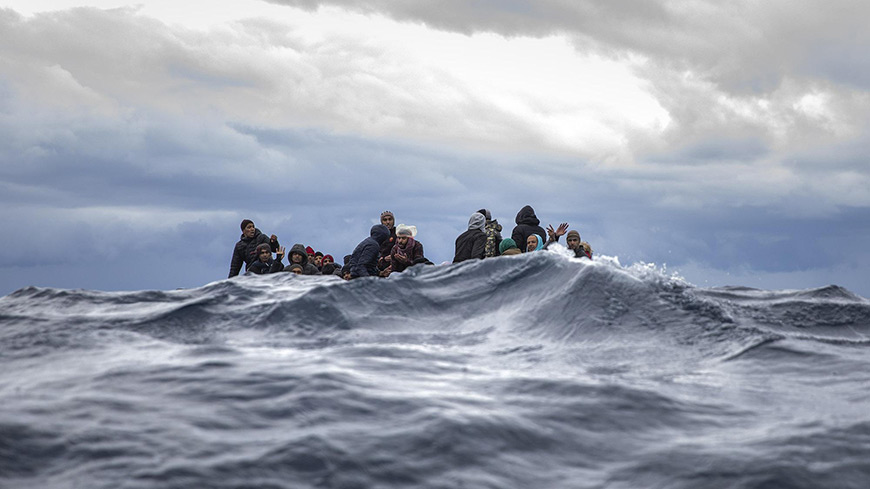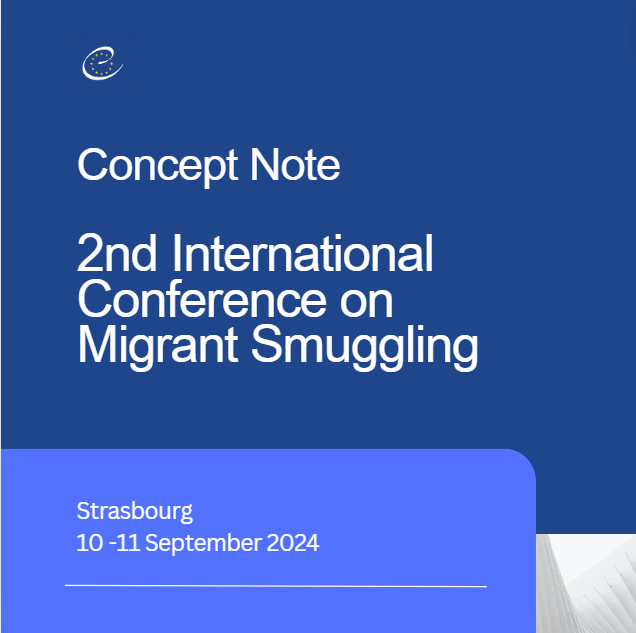Migrant Smuggling
Background information
Recent tragedies have shown that migrants continue to attempt irregular avenues and dangerous routes and increasingly turning to smugglers. This puts their lives at risk and exposes them to serious human rights violations. These smugglers exploit legal loopholes and jurisdictional gaps, including inconsistent or imprecise definitions, which can hinder international cooperation in prosecuting smugglers while protecting migrants. Additionally, inadequate enforcement and insufficient penalties fail to deter these criminal activities.

Corruption and other crimes further undermine anti-smuggling efforts. Maritime smuggling and smugglers operating within broader criminal or financial networks present specific challenges. While imposing clear legal consequences for smugglers can reduce these activities, it is crucial not to criminalise migrants and to protect their rights.
The Council of Europe's treaties, mechanisms, and standards on mutual legal assistance in criminal matters are pertinent for cooperation between EU member states and non-EU states parties to these treaties in countering migrant smuggling.
Most of these treaties are also open to third countries, which is vital since the geographical scope of cooperation and coordination against migrant smuggling extends beyond Europe.
The European Committee on Crime Problems (CDPC) of the Council of Europe has been actively engaged in addressing the issue of migrant smuggling and has developed the 2020 Action Plan on Fostering International Co-operation and Investigative Strategies in Fighting the Smuggling of Migrants. The Action Plan, still being implemented, has underscored the importance of complementarity and cooperation with other international actors. The Council of Europe Network of Prosecutors on Migrant Smuggling, established within the Action Plan, has met annually in recent years. CDPC delegations have also developed country profiles outlining legal and judicial information on migrant smuggling, which other countries can utilise.
Following the Reykjavik Declaration, the Committee of Ministers of the Council of Europe tasked the CDPC with preparing a report assessing the need for and feasibility of a possible instrument in the field of migrant smuggling.



